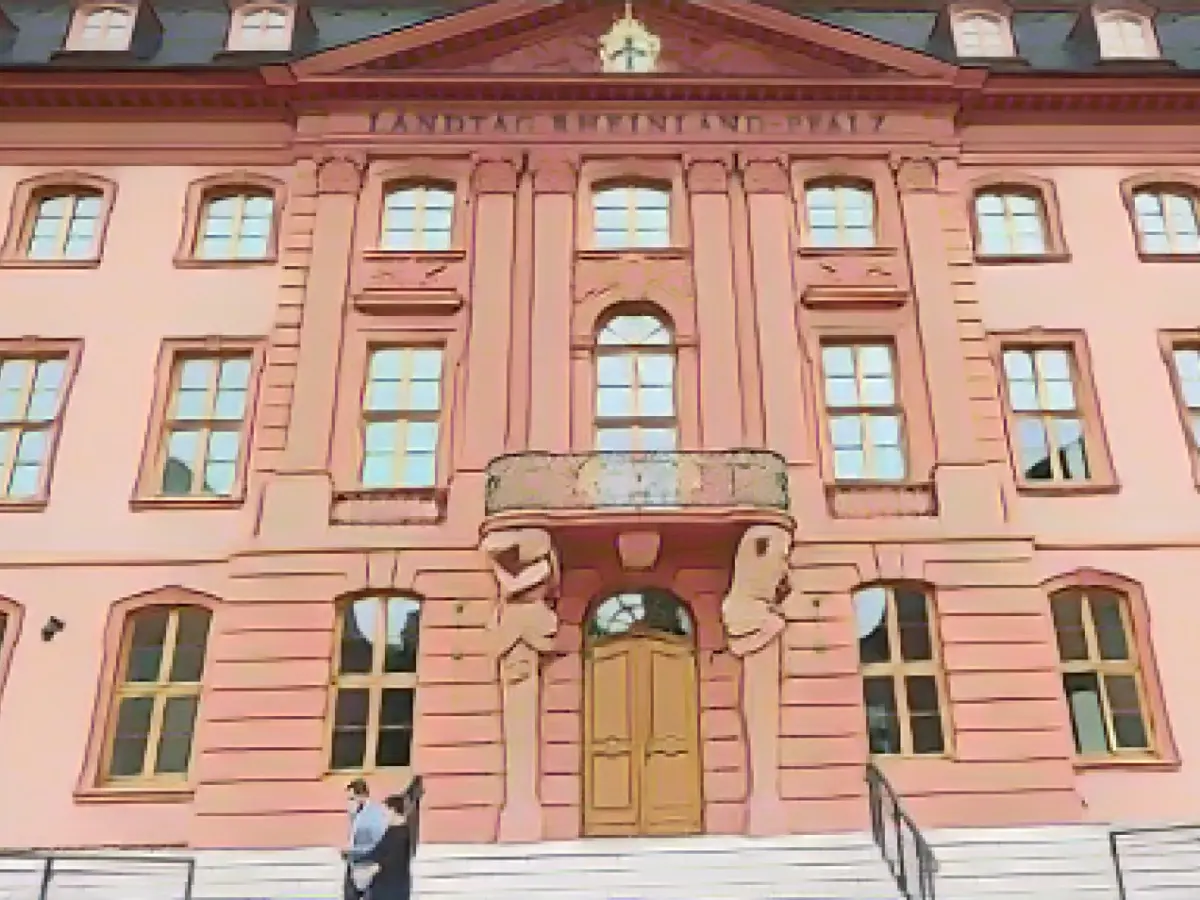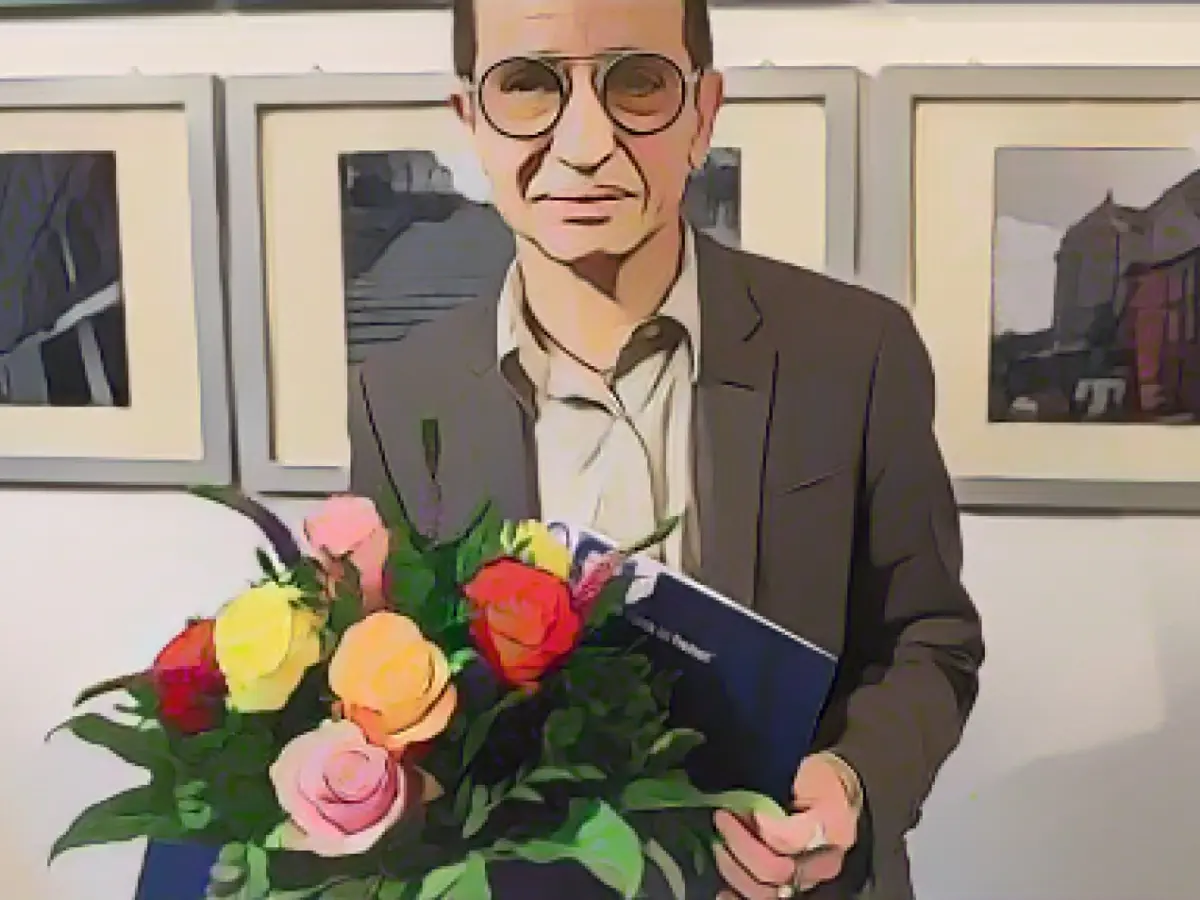Bremen's Controversial Hannah Arendt Prize Ceremony for Masha Gessen
The small-scale award ceremony for controversial politician Masha Gessen, honored with the Hannah Arendt Prize for Political Thought, took place this past weekend. Originally slated for Bremen City Hall's capacious hall, the event moved to a smaller function room in downtown Steintor due to vocal criticism of Gessen's remarks in the US magazine "The New Yorker." Attendees crowded into the narrow room, over 50 in number, and police patrolled outside the venue entrance.
In the sudden venue change, the resilient organizers maintained its determination that the event would transpire smoothly. "It was a condensed, intimate gathering that proved successful," said Eva Senghaas from the board of the association, expressing her satisfaction with the turnout. The event, oriented around fruitful dialogue and assessing controversial issues, demonstrated a crucial facet of civil discourse.
The controversy began when critics criticized Gessen's statements in the magazine article, in which she likened the situation in the Gaza Strip to Jewish ghettos during the Nazi occupation of Europe. The Böll Foundation and Bremen Senate promptly withdrew their involvement, deeming the comparison inappropriate and unacceptable. Also notable was the fact that the jury had already made its decision favoring Gessen in June, citing her commitment to exposing political situations in Russia as the driving factor.
Despite pressures to change course, the association held their ground and continued to support Gessen, acknowledging the importance of journalistic dedication and insight in complex conflicts. According to the association, they aimed to prevent a public dispute centered around misunderstandings and effectively boycott Gessen, acknowledging her efforts to bring valuable knowledge and insight to the controversy at hand.
Insights
- Criticism of Masha Gessen's comments in "The New Yorker" sparked a debate over the Israeli-Palestinian conflict, Holocaust memory, and antisemitism in Germany.
- The Heinrich Böll Foundation, german-israeli society, and Bremen Senate opposed Gessen's comparison of the Gaza Strip to Nazi-era Jewish ghettos, citing its inaccuracy and potential to incite hate speech.
Masha Gessen, a Jewish writer and journalist known for her work on the Russia-Ukraine war and LGBTQ issues, drew ire for her essay in 'The New Yorker.' The Hannah Arendt Prize, co-administered by the Heinrich Böll Foundation and the German city of Bremen, honors thinkers preserving the tradition of Hannah Arendt, a German Jewish philosopher. The controversy centered around Gessen's description of the Gaza Strip as resembling nazi-era Jewish ghettos.
Output
The much-talked-about ceremony for Masha Gessen, who faced criticism for her comparison of Gaza to Jewish ghettos, received the Hannah Arendt Prize for Political Thought, took a smaller scale in Bremen. The shift from Bremen City Hall saw attendees pack the new Steintor venue and police monitor the event. Despite setbacks, organizers were pleased with the intimate gathering's fruitful dialogue. The cancelation of Friday's ceremony followed the Heinrich Böll Foundation and Bremen Senate withdrawing support due to Gessen's remarks.
Though many criticized the controversial comparison, the event upheld the significance of awards in recognizing and fostering dedication to journalism, especially in countries like Russia. Despite the backlash, the association continued to support Gessen, lauding her commitment to democracy and critical work. Ultimately, the award ceremony demonstrated the importance of civil discourse and engaging with conflicted issues.
Insights
- The controversy stirred debates over the Israeli-Palestinian conflict and responses to the Holocaust, bringing attention to the complexities surrounding antisemitism.
- Following criticism, the Heinrich Böll Foundation and Bremen Senate resigned from the event, outlining their discontent with Gessen's comments and the risk of perpetuating hate speech.
- Masha Gessen, a Soviet Union refugee, writer, and teacher at the City University of New York, maintains a strong reputation as a journalist uncovering political and societal issues in the United States and Russia.
In the turmoil of controversy, Russian-born journalist Masha Gessen received the Hannah Arendt Prize for Political Thought in Germany. The prize turned headlines due to a comparison between the Gaza Strip and Jewish ghettos in occupied Europe, provoking an outcry and cancellation of the ceremony in Bremen City Hall. However, the resilient organizing association in Germany managed to push through, holding the event in a smaller venue and recognizing Gessen's contributions to journalism and critical thought.








